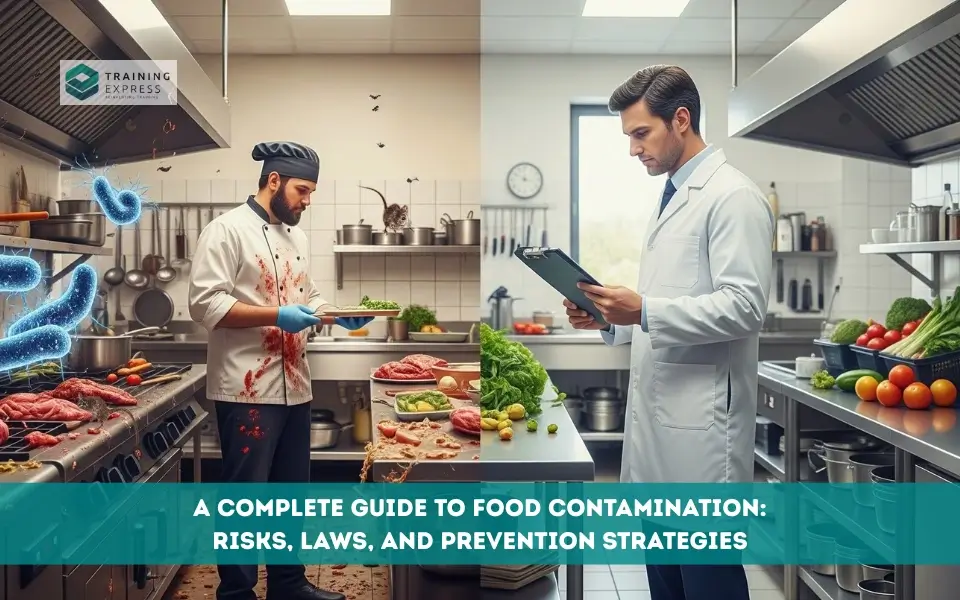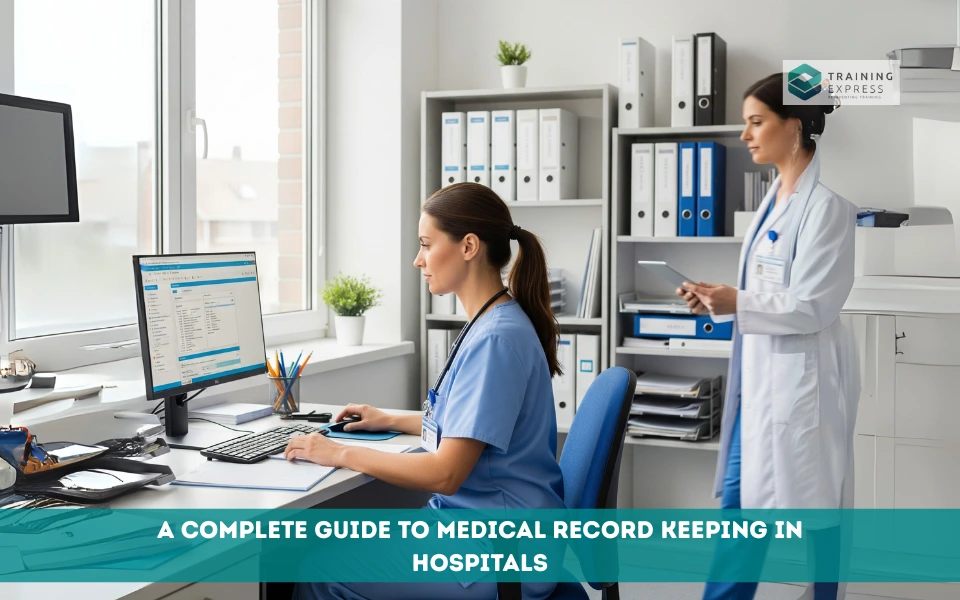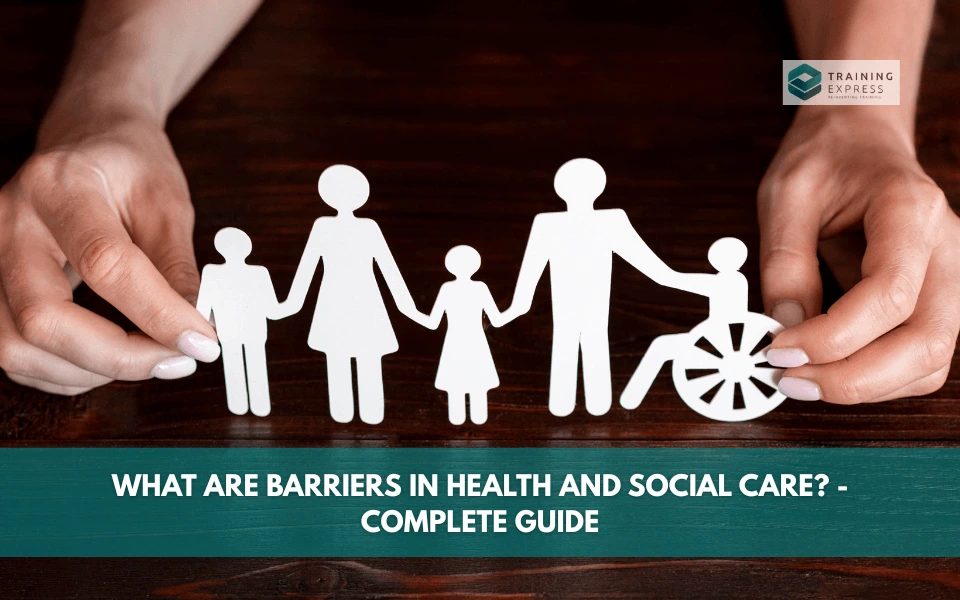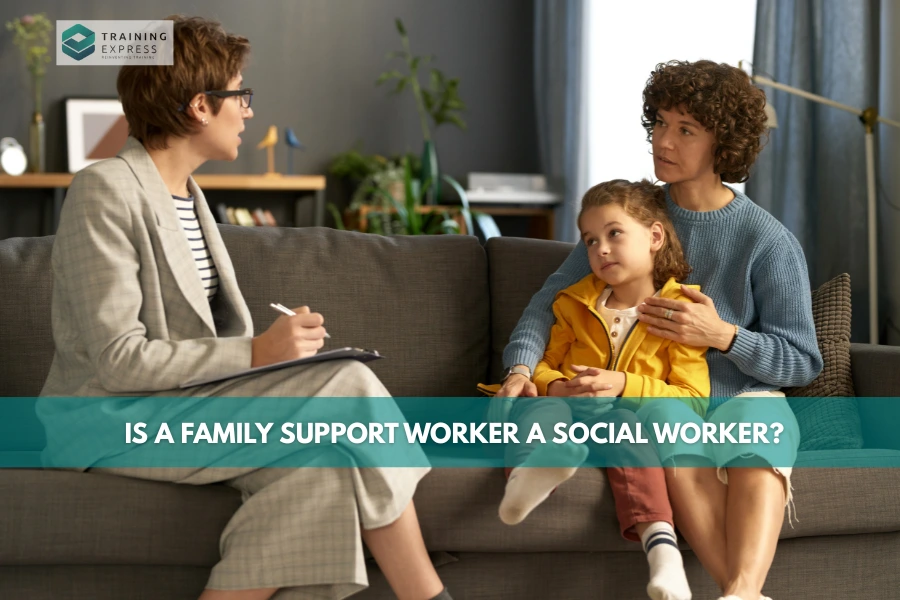Empowerment in Health and Social Care
Empowerment, in its most basic sense, means giving people the tools, knowledge, and confidence to take control of their own lives. It’s not about someone else making all the decisions for you—it’s about having the voice, the choice, and the ability to shape your own path. Now, when we bring this concept into health and social care, it takes on …
Read MoreConfidentiality in Care: Legal Duties and Best Practice
Confidentiality lies at the heart of trust in health and social care. Whether you’re supporting someone with personal care needs or managing sensitive information in a clinical setting, the way information is handled can have serious legal and ethical implications. Knowing when to share details—and when to keep them private—isn’t just good practice; it’s a legal responsibility. This article explores …
Read MoreWhat is NVQ level 3 Equivalent to? – A Guide to UK Qualification
In today’s fast-moving job market, practical skills are just as crucial as academic achievements. That’s where NVQs—National Vocational Qualifications—come in. These qualifications are designed to assess an individual’s practical ability in real work environments, focusing more on what you can do rather than what you know in theory. NVQs have been a staple in the UK education and training system …
Read MoreA Complete Guide to Food Contamination: Risks, Laws, and Prevention Strategies
Food contamination poses a significant risk to public health and can have far-reaching consequences for consumers, producers, and the food industry as a whole. From unexpected physical objects in packaged meals to hidden allergens that can trigger life-threatening reactions, contamination can occur at any stage of the food production process. Understanding the nature of these hazards is crucial for ensuring …
Read MoreA Complete Guide to Medical Record Keeping in Hospitals
Accurate and well-maintained medical records are the backbone of effective hospital care. From documenting patient histories to supporting clinical decisions and ensuring continuity of care, medical record keeping plays a pivotal role in modern healthcare systems. It’s not just about paperwork—it’s about accountability, communication, and safeguarding patient welfare. In this article, we explore everything you need to know about medical …
Read MoreCan You Reheat Rice? Yes, But Do It Safely!
Rice is one of those pantry staples that shows up in dishes across the globe—think sushi in Japan, biryani in India, and jambalaya in the American South. It’s affordable, filling, and can be stored for a long time. But when it comes to leftovers, there’s often a bit of hesitation: Can you reheat rice? The short answer is yes, but …
Read MoreUnderstanding Different Types of Healthcare Settings: From Hospitals to Home Care
Healthcare isn’t confined to a single setting or structure, it moves with the patient, adapting to changing needs, conditions, and stages of life. From the fast-paced corridors of acute care hospitals to the more personal, prolonged support offered in home care and long-term care environments, the diversity of healthcare settings reflects the complexity of patient care itself. This article explores …
Read MoreWhat is Health and Social Care? – A complete guide
Health and social care—two words that might sound simple, yet they cover an entire universe of services, responsibilities, and professions dedicated to supporting individuals’ physical, emotional, and social well-being. It’s not just about doctors and nurses. It’s about social workers, carers, mental health professionals, and everyday heroes who work to make lives better. Understanding what health and social care truly …
Read MoreWhat are Barriers in Health and Social Care? – Fully Explained
Barriers in health and social care aren’t just minor inconveniences. They can be life-changing and even life-threatening. Think about a pregnant woman in a rural village who can’t get to a hospital in time because there’s no reliable transport. Or consider a refugee who avoids medical attention due to language gaps and fear of discrimination. These aren’t isolated incidents. They’re …
Read MoreWhat Is Domiciliary Care? Roles, Responsibilities, and Career Pathways
Domiciliary care—often referred to as home care—plays a vital role in supporting individuals who wish to remain in the comfort and familiarity of their own homes while receiving the care they need. Whether it’s assistance with daily routines, companionship, or more complex health-related tasks, domiciliary carers are essential in enabling people to maintain independence and dignity. This article explores the …
Read MoreSafe Food Handling: Understanding Food Poisoning And Control Measures
Food is something we all rely on daily, yet when not handled properly, it can quickly become a source of illness. Food poisoning affects millions of people every year and is often caused by simple mistakes in how food is prepared, stored, or cooked. Understanding the causes and symptoms of food poisoning is the first step towards preventing it, both …
Read MoreIs a Family Support Worker a Social Worker?
Family support workers are not the same as social workers. The roles of a family support worker and a social worker are often confused. While they both provide support to vulnerable individuals, there are distinct differences between them. This article explains the roles, qualifications, and responsibilities of both professions to clarify their functions and highlight key differences and similarities. Table …
Read More Food Hygiene
Food Hygiene Health & Safety
Health & Safety Safeguarding
Safeguarding First Aid
First Aid Business Skills
Business Skills Personal Development
Personal Development












